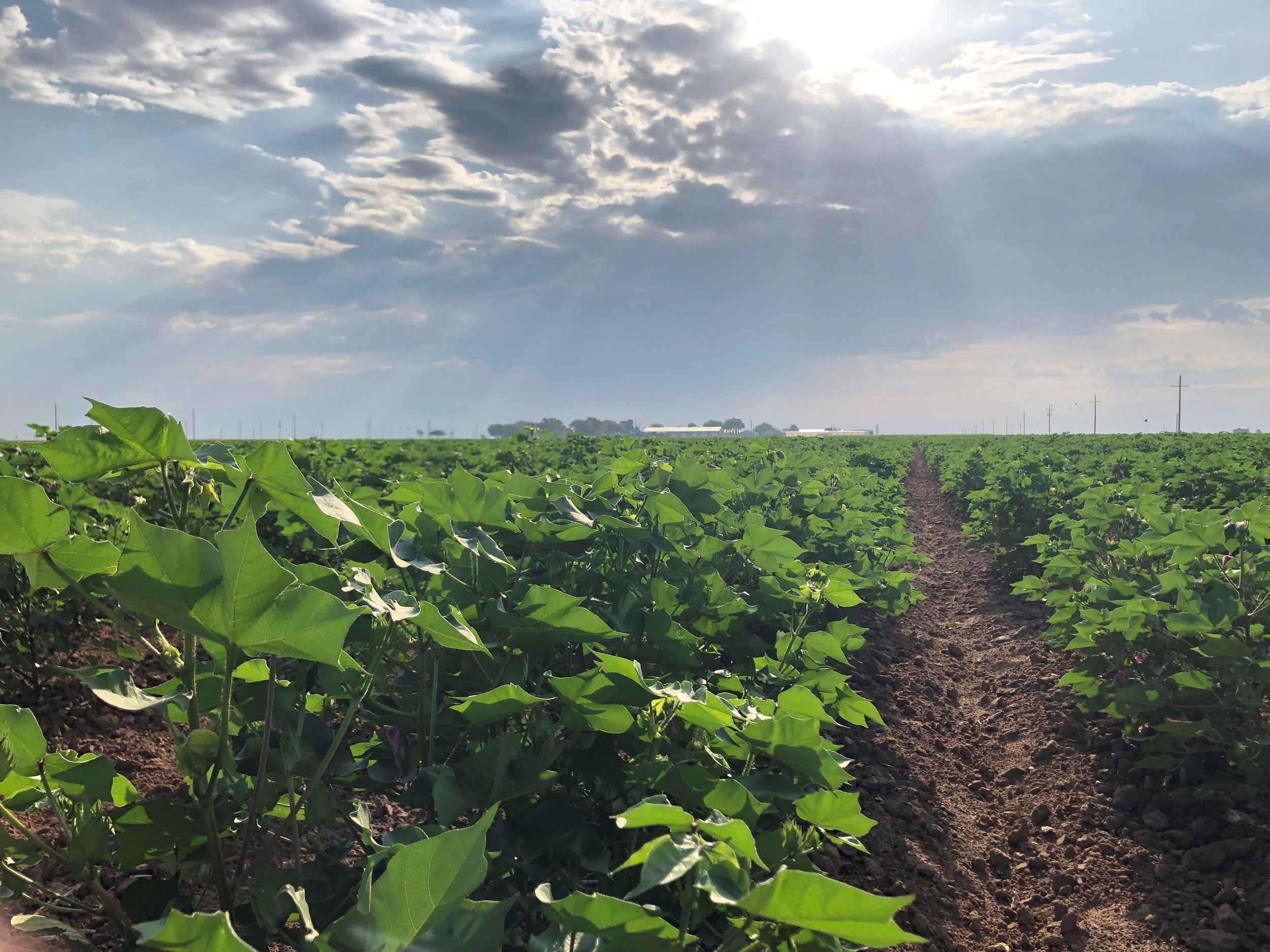
Sustainable Agricultural Intensification and Enhancement Through The Utilization of Regenerative Agricultural Management Practices
The Southern Great Plains RegenAg project is a USDA NIFA AFRI funded $10 million 5-year grant. This multi-disciplinary research project explores and investigates regenerative agricultural practices to increase the agricultural sustainability of the Southern Great Plains in cotton production systems. Together, our team of 29 researchers across 8 institutions and 2 states aims to increase agricultural intensification in tandem with sustainability and conservation.
What is regenerative agriculture?
Regenerative Agriculture can be an elusive term, defined differently based on context, region, and background. Due to this variability, one of our primary goals is to definitively define regenerative agriculture in semi-arid climates. The regenerative agricultural practices we are evaluating include: cover crops, no-tillage, cotton-wheat rotations, and livestock integration.
See where we work and are testing these practices.




